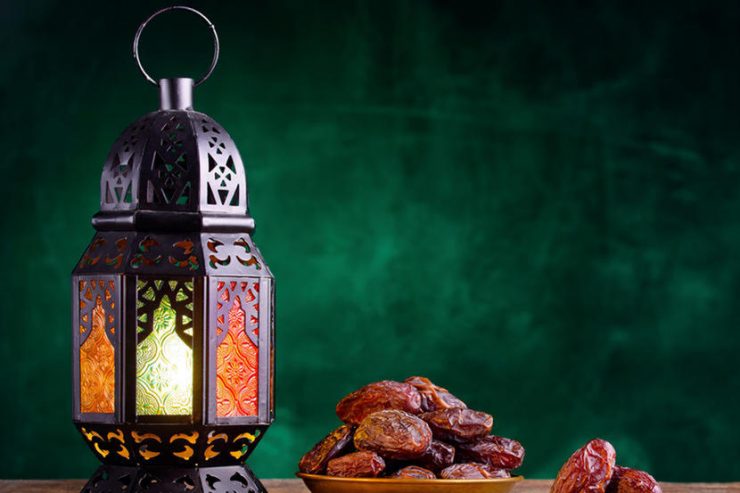Question: Who must give fidyah in Ramadan?
In Arabic “fidya” is a fee that should be paid in order to recompense a deficiency in the accomplishment of worship[1]. Fidya for the Ramadan fast is known as sadaqat al-fitr or zakat al-fitr, as well.
The verse about sadaqat al-fitr in the Quran is below:
“(The prescribed fast is for) a certain number of days. Whoever among you does not fast on those days because you are sick or on a journey, then (you should fast) the same number of days on other days. Those who are able to fast are also required to pay a fee (which is equivalent to the cost) of feeding a desperate person. ” (Al-Baqarah /The Cow 2:184)
The Arabic expression translated as “those who are able to fast” is clearly positive in meaning in Arabic, but scholars attempt to assign negative meanings to the expression just because the traditional Islamic resources say so.
Sticking to the correct positive meaning, the verse reads: “Those who are able to fast the Ramadan fast, are also required to pay a fee (which is equivalent to the cost) of feeding a desperate person.”
http://www.islamandquran.org/fatwas/fidyah-for-the-fasting.html








Add comment